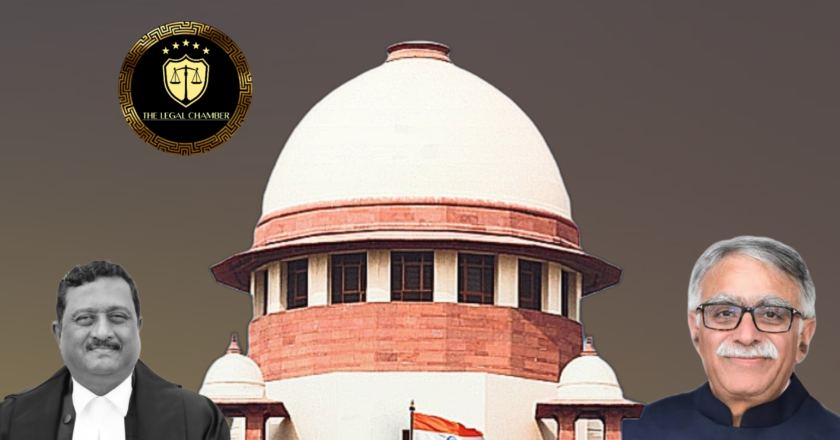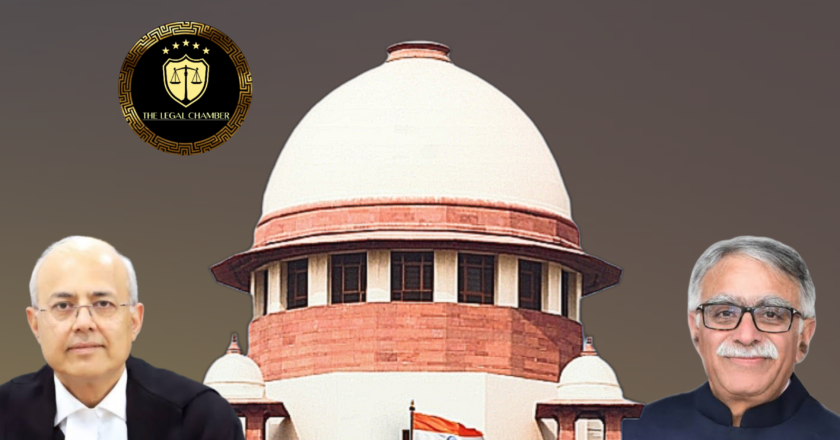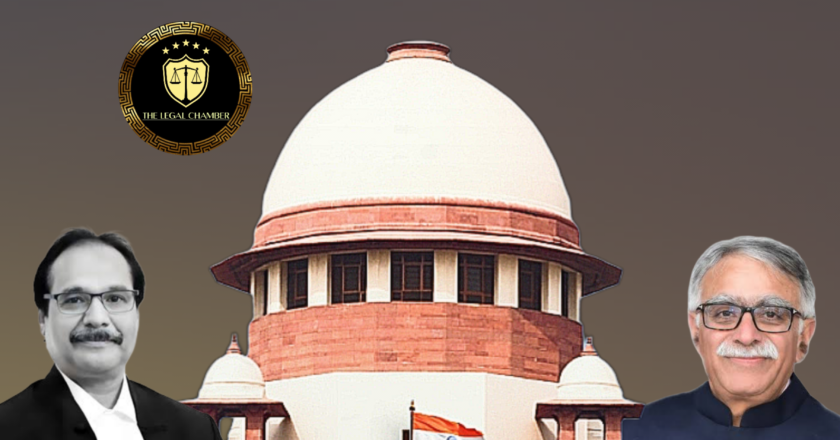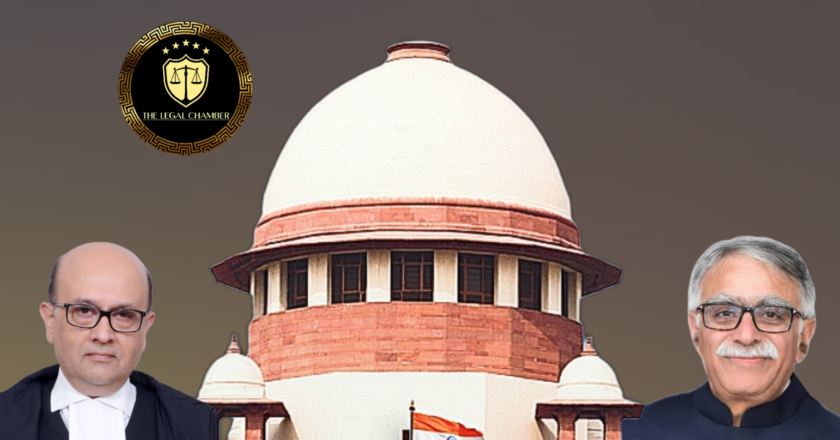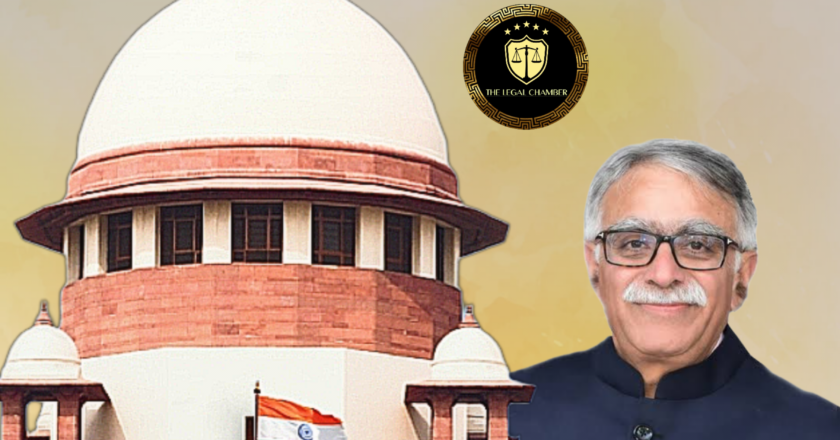Just Compensation Explained: Supreme Court Raises MACT Award from Rs 30 Lakh to Rs 85 Lakh
The Supreme Court enhanced compensation by applying established principles under the Motor Vehicles Act. It awarded amounts under non-pecuniary heads like marriage prospects and pain & suffering, and granted attendant charges for two attendants, citing precedents to ensure just and equitable restitution for the claimant's 100% disability.
Facts Of The Case:
The claimant-appellant, Reshma, aged 24, suffered severe injuries in a motor vehicle accident on February 23, 2015, due to the rash and negligent driving of the offending vehicle, which was duly insured. The Motor Accidents Claims Tribunal (MACT) initially awarded compensation of ₹30,24,800, assessing her income at ₹10,000 per month and her disability at 100%. Dissatisfied, she appealed to the High Court, which enhanced the total ...


